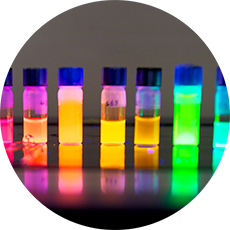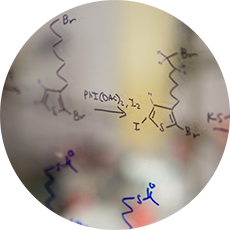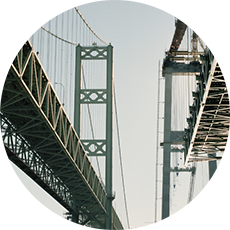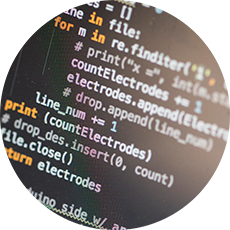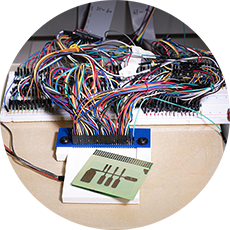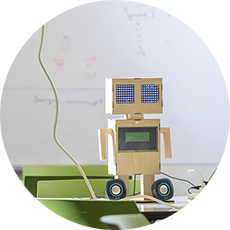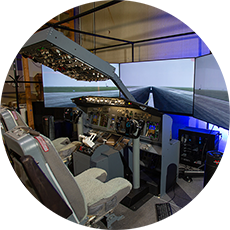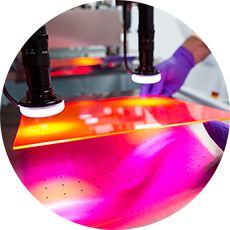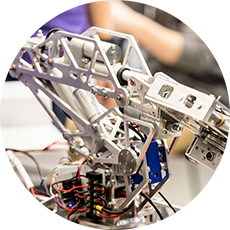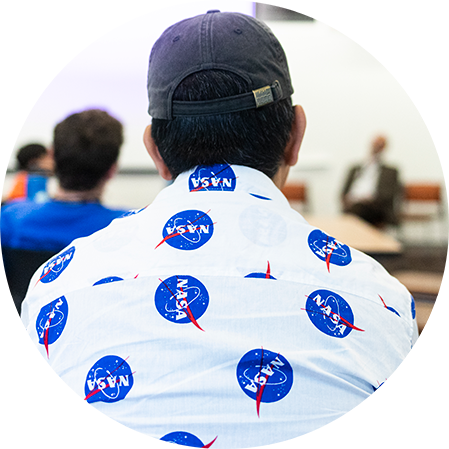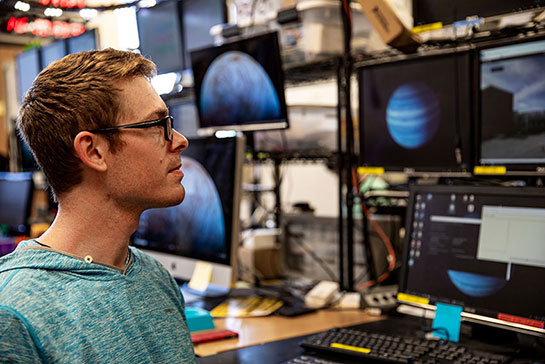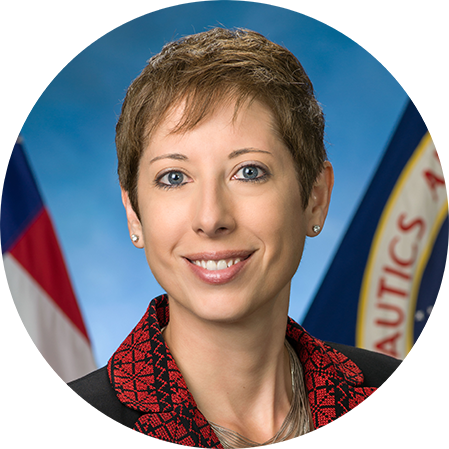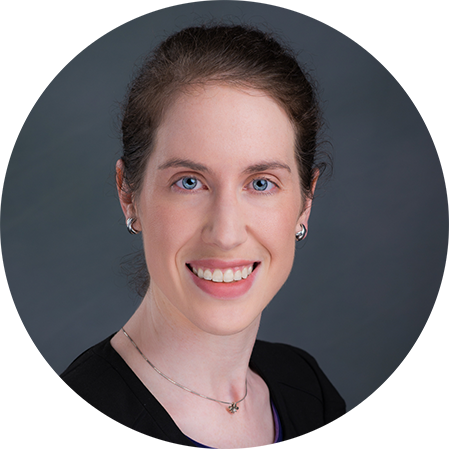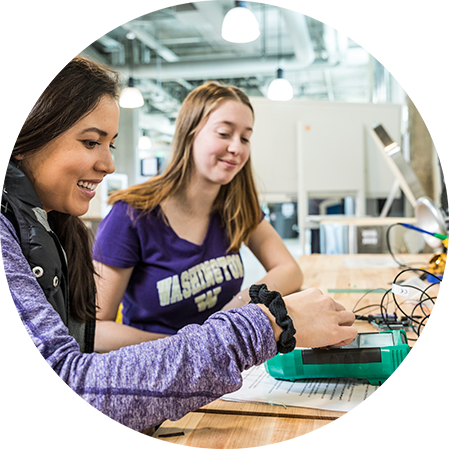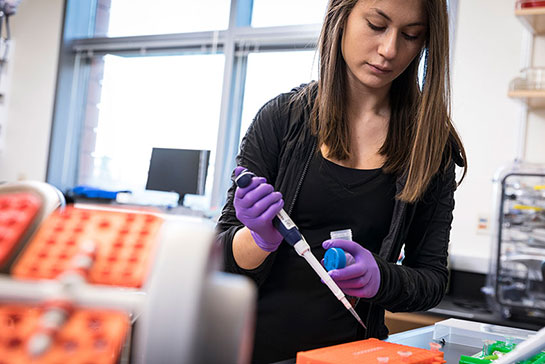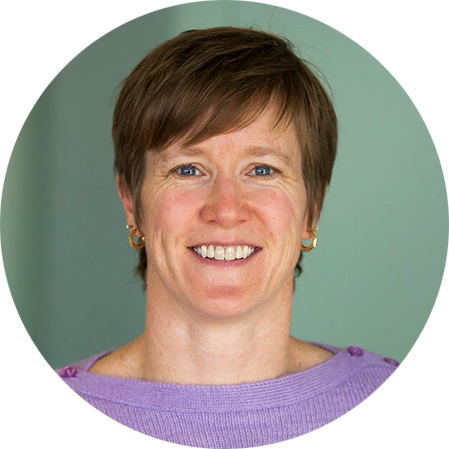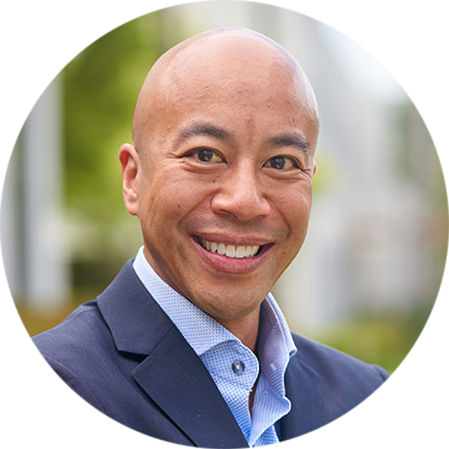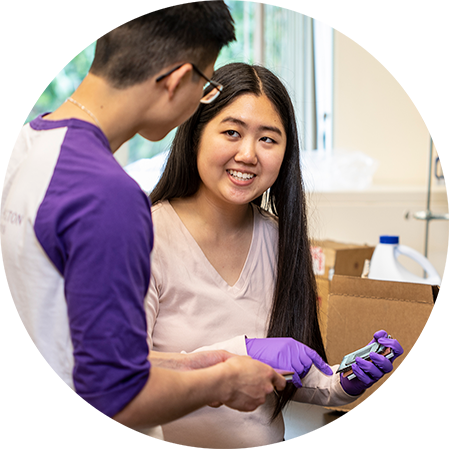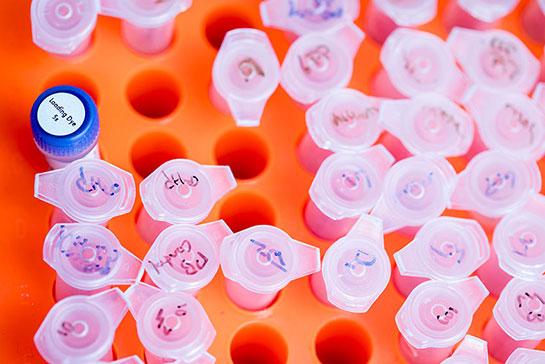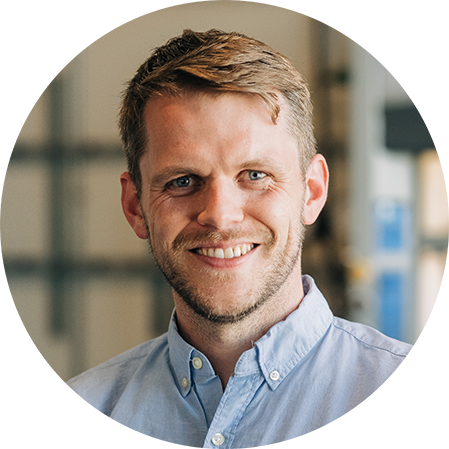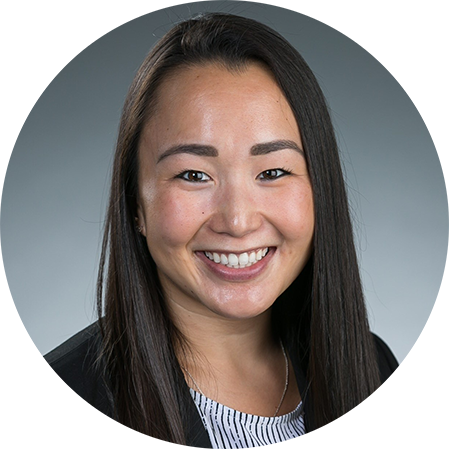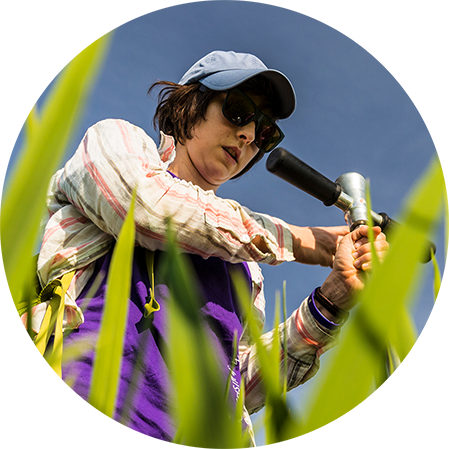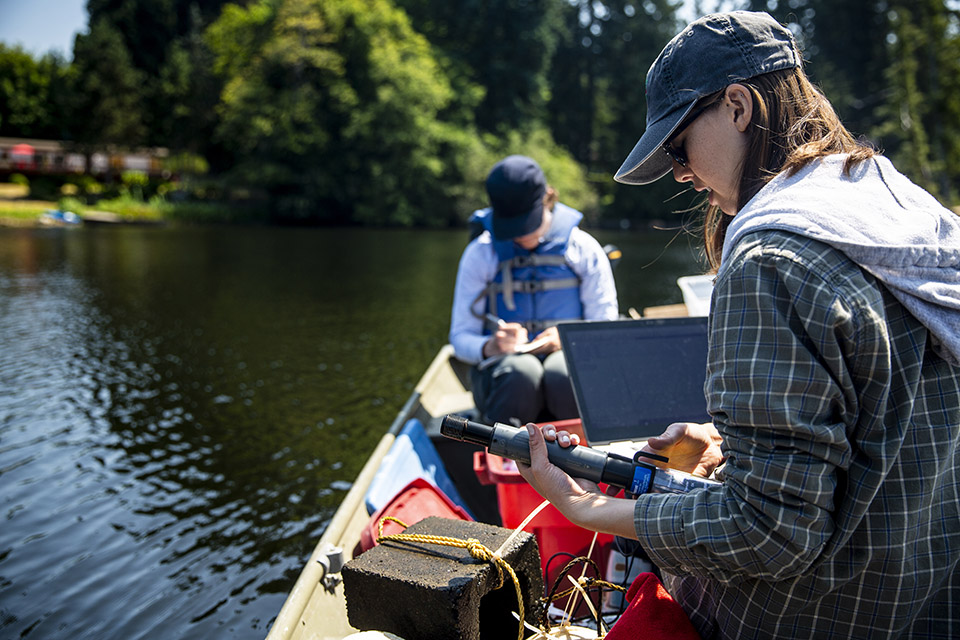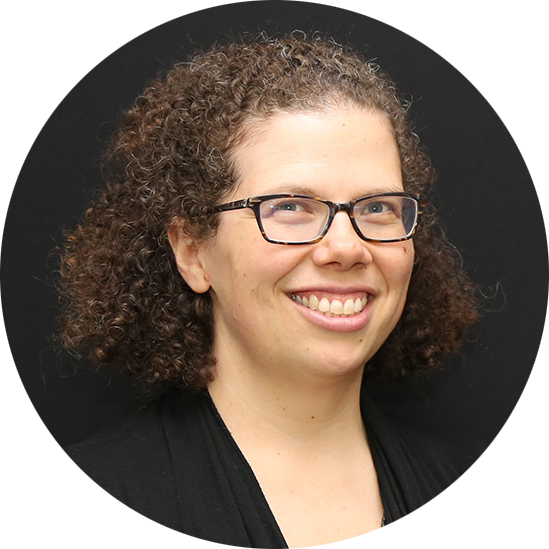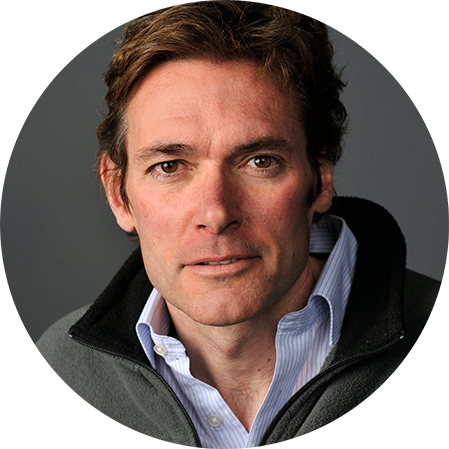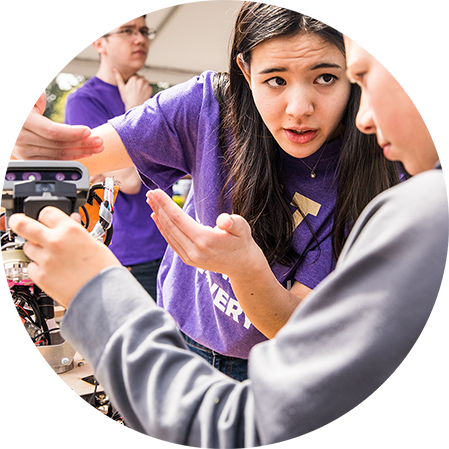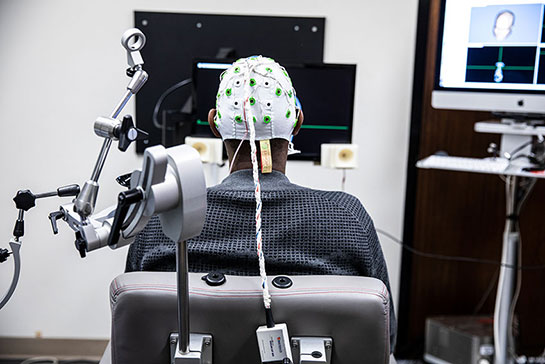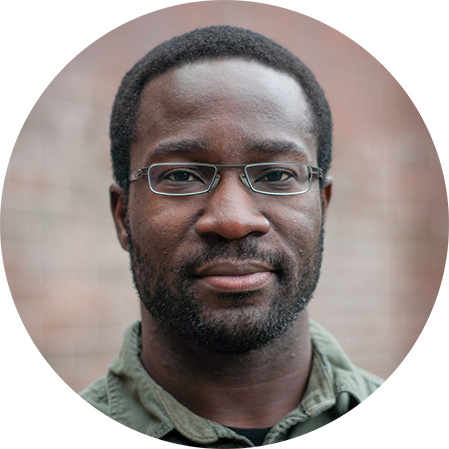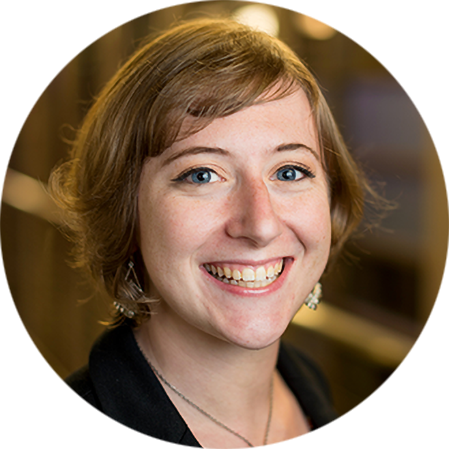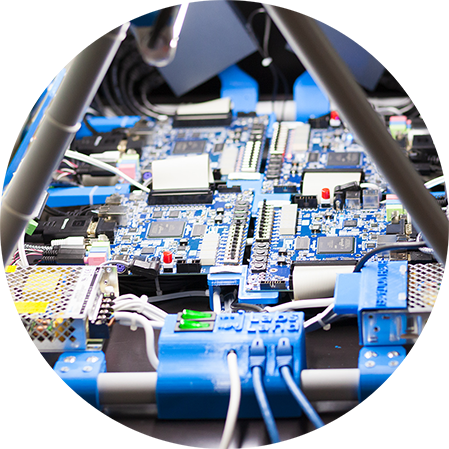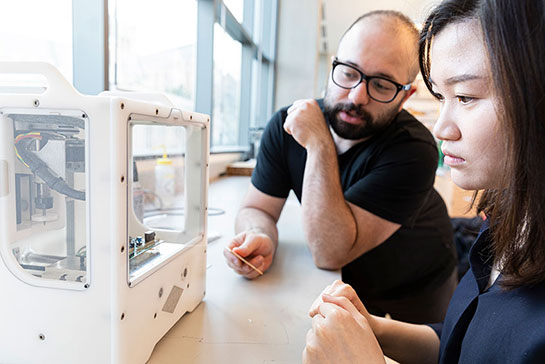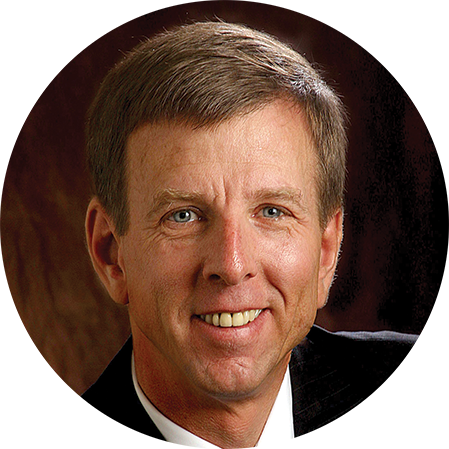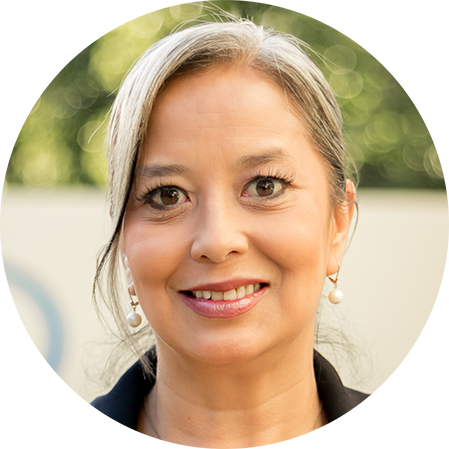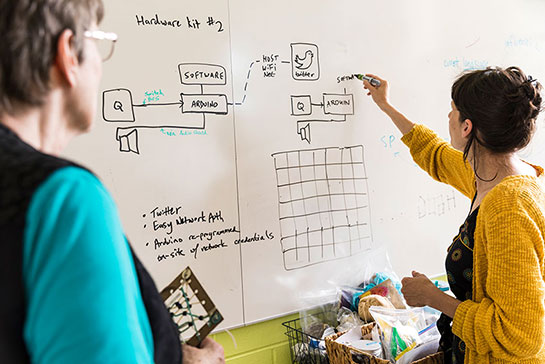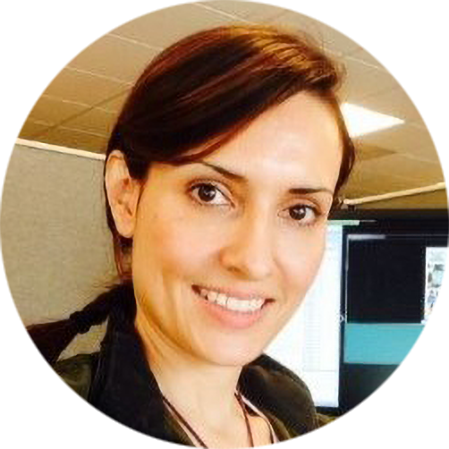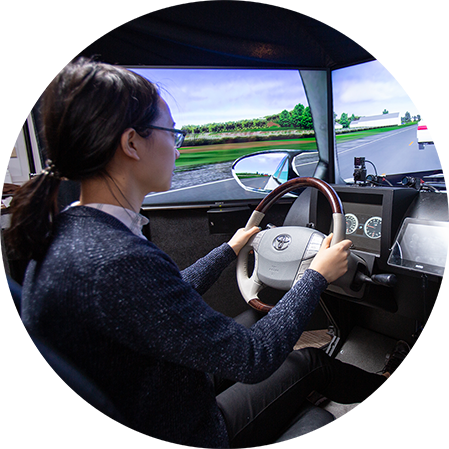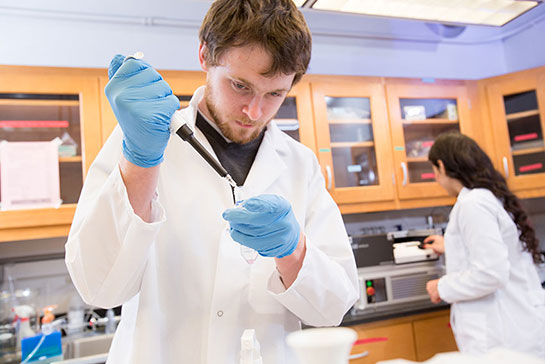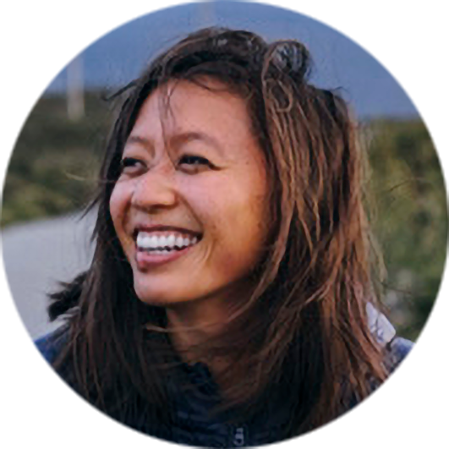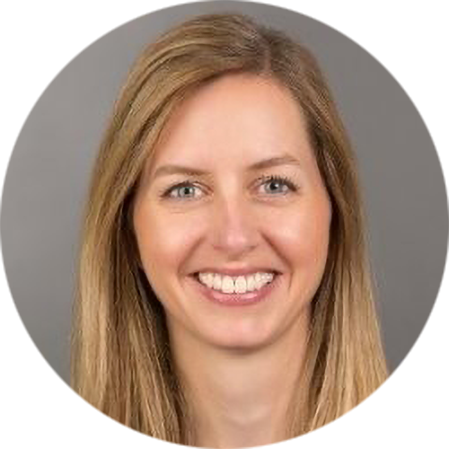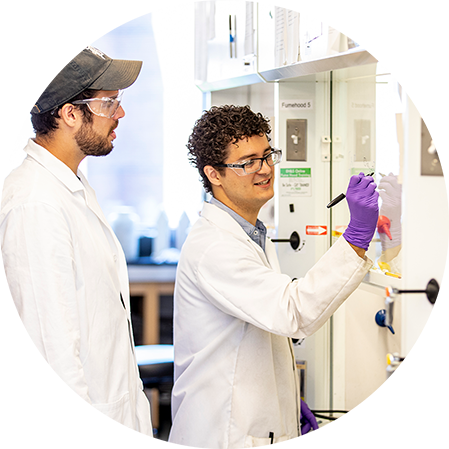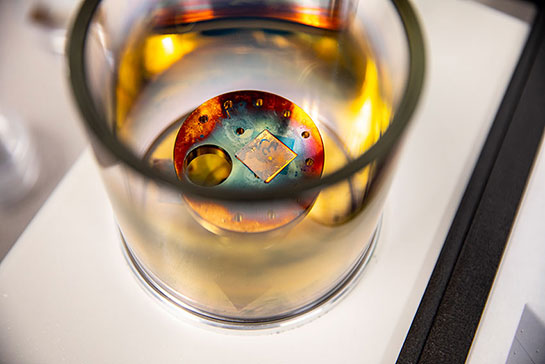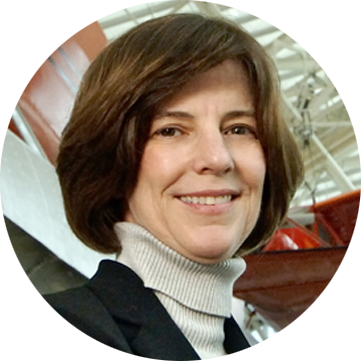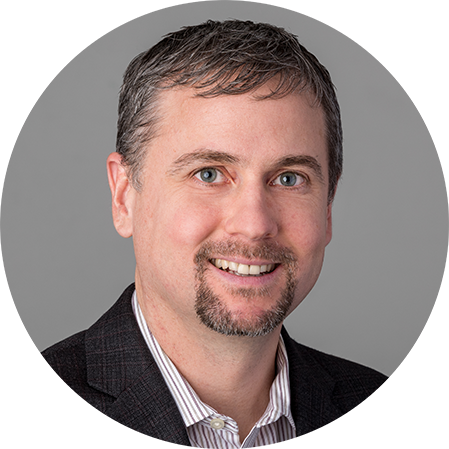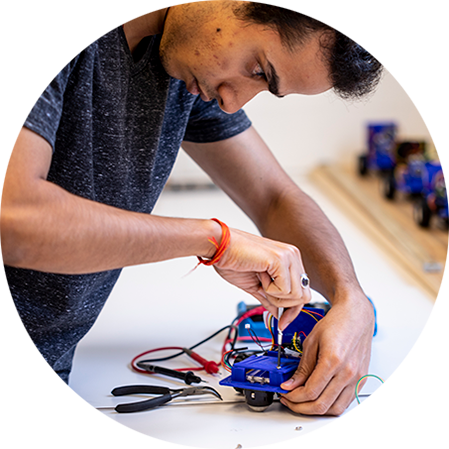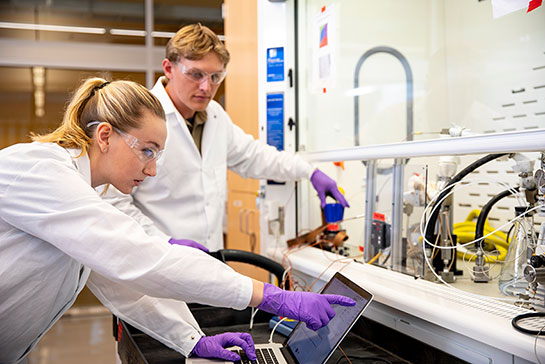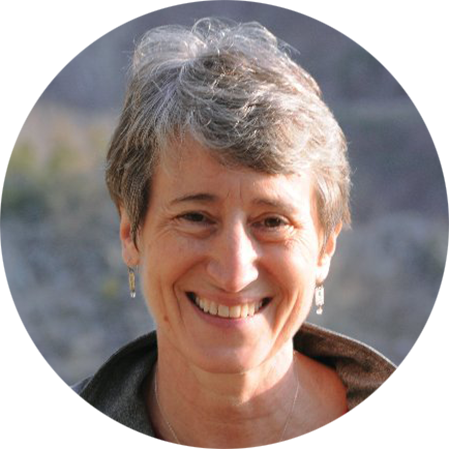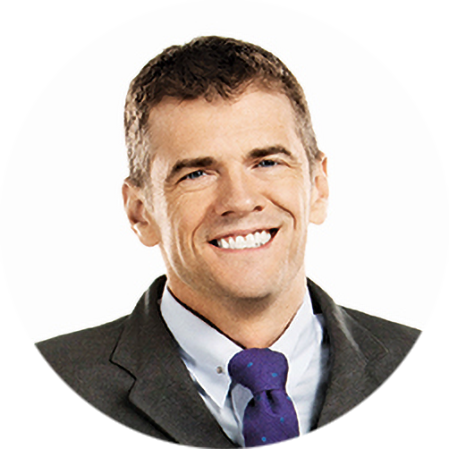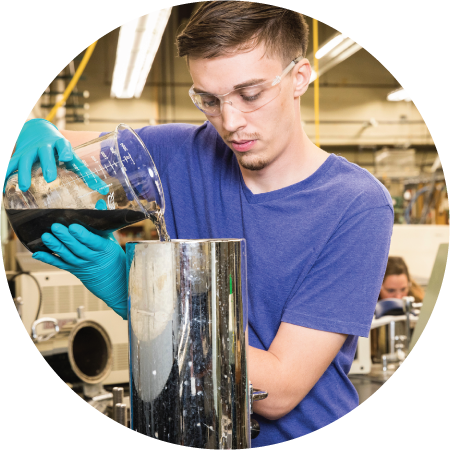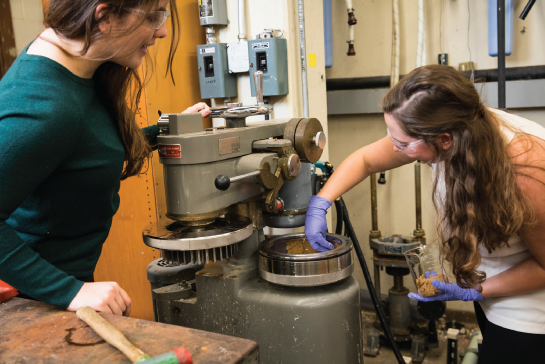Explore by department
General information
Office: 211 Guggenheim Hall
Phone: (206) 543-1950
Chair: Kristi Morgansen
Accreditation: ABET
Department video
6 sub-disciplines
space systems, controls, fluids, structures, integrated flight sciences, and plasma science
1918
the start of aeronautics education at the UW
General information
Office: 107 W.H. Foege Bioengineering Building
Phone: (206) 685-2000
Chair: Princess Imoukhuede
Accreditation: ABET
Department video
44+
startups created by faculty and students
947
reported inventions
General information
Office: 105 Benson Hall
Phone: (206) 543-2250
Interim Chair: James Carothers
Accreditation: ABET
60%
of undergraduates perform research
100%
Ph.D. students receive first-year funding
General information
Office: 201 More Hall
Phone: (206) 543-2390
Chair: Bart Nijssen
Accreditation: ABET
Department video
General information
Office: AC101 Paul G. Allen Center
Phone: (206) 543-1695
Director: Magdalena Balazinska
Accreditation: ABET
Department video
2000
undergraduate and graduate students
$39 million
in research grants and contracts in FY2019
Top academic institution
for best paper awards in computer science
General information
Office: AE100R Paul G. Allen Center
Phone: (206) 221-5270
Chair: Eric Klavins
Department video
100%
Ph.D. students receive 4-year funding
General information
Office: 428 Sieg Building
Phone: (206) 543-2567
Chair: Julie Kientz
Department video
100%
of students participate in directed research
General information
Office: G10 Mechanical Engineering Building
Phone: (206) 543-1427
Interim Chair: Cynthia Chen
Accreditation: ABET
Department video
219
undergraduate and graduate students
General information
Office: 302F Roberts Hall
Phone: (206) 685-8272
Chair: Di Xiao
Accreditation: ABET
Department video
General information
Office: 143 Mechanical Engineering Building
Phone: (206) 543-5090
Chair: Alberto Aliseda
Accreditation: ABET
Department video
2X
national average female undergraduates
General information
Office: 116/130 Anderson Hall
Phone: (206) 543-7081
Director and Professor: Dan Brown
Accreditation: ABET

